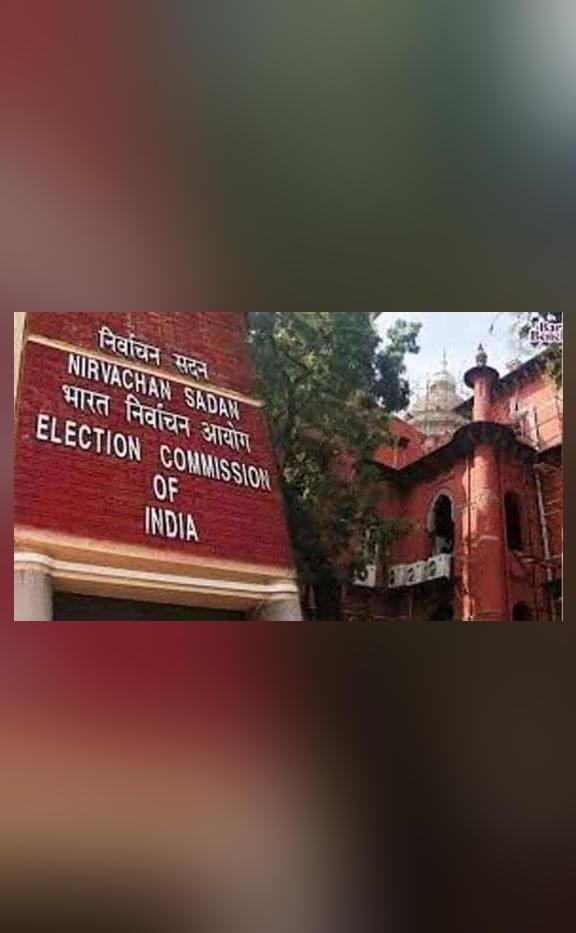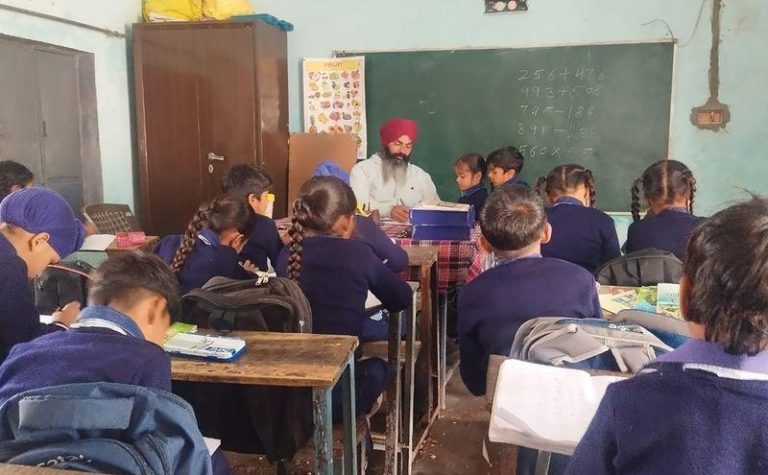
Aadhaar, Voter ID & Ration Cards Can’t Be Considered for SIR: ECI
The Election Commission of India (ECI) has rejected the Supreme Court’s suggestion to accept Aadhaar, voter ID, and ration cards as standalone proof of voter eligibility in the ongoing special intensive revision (SIR) of Bihar’s electoral roll. This decision has come as a significant blow to those who were hoping to simplify the process of verifying their voter eligibility.
According to a report by Moneycontrol, the ECI has made it clear that a person’s citizenship won’t terminate on account of not being part of the electoral rolls. This means that even if an individual is not registered as a voter, their citizenship remains intact and they are still entitled to all the rights and privileges that come with it.
The ECI’s decision is based on the principle that citizenship is a fundamental right guaranteed by the Constitution of India, and it cannot be taken away on the basis of a person’s failure to register as a voter. The poll body has emphasized that the right to vote is a sacred right and an essential part of the democratic process, and it cannot be denied to any citizen who is eligible to vote.
The SIR exercise is a crucial process that aims to update the electoral rolls and ensure that only eligible voters are included in the electoral rolls. The ECI has asked all eligible voters to verify their details and make any necessary corrections to ensure that their names are included in the electoral rolls.
The ECI’s decision to reject the Supreme Court’s suggestion has been welcomed by many, who believe that it is essential to maintain the integrity of the electoral process. Many experts have argued that accepting Aadhaar, voter ID, and ration cards as proof of voter eligibility could lead to errors and fraud, and compromise the integrity of the electoral process.
For instance, Aadhaar cards are not foolproof and can be easily tampered with or forged. Similarly, voter ID cards can be issued to unauthorized individuals, leading to errors and fraud. Ration cards, on the other hand, are not a reliable means of verifying voter eligibility, as they can be issued to anyone who applies for them.
Moreover, accepting these documents as proof of voter eligibility could lead to a situation where ineligible individuals are included in the electoral rolls, which could compromise the integrity of the democratic process. The ECI’s decision to reject these documents ensures that only eligible voters are included in the electoral rolls, which is essential for maintaining the integrity of the democratic process.
In conclusion, the ECI’s decision to reject the Supreme Court’s suggestion to accept Aadhaar, voter ID, and ration cards as standalone proof of voter eligibility is a welcome move. This decision ensures that only eligible voters are included in the electoral rolls, and maintains the integrity of the democratic process. The ECI’s emphasis on the importance of verifying details and making necessary corrections during the SIR exercise is also a crucial step towards ensuring that the electoral rolls are accurate and reliable.
Source:






